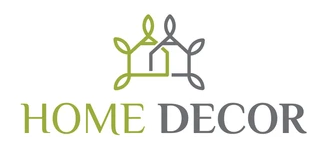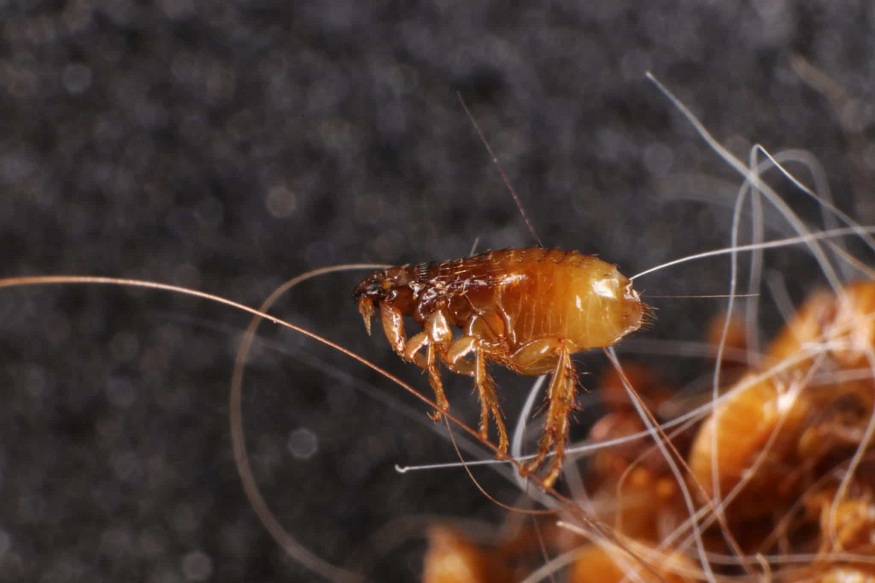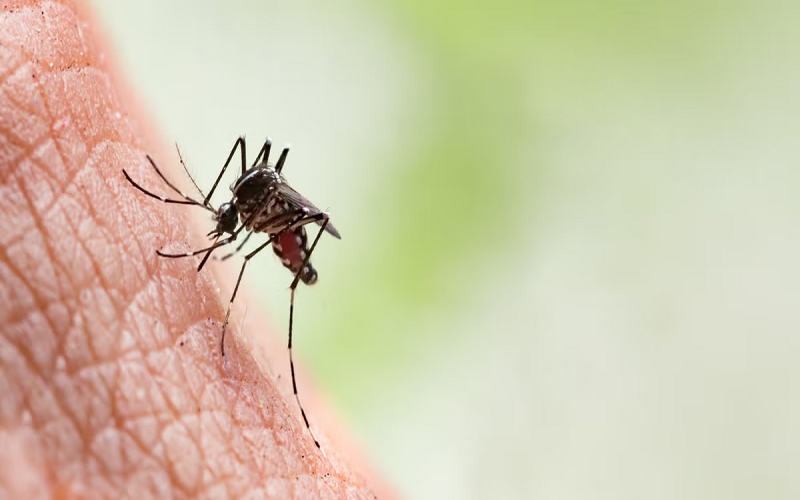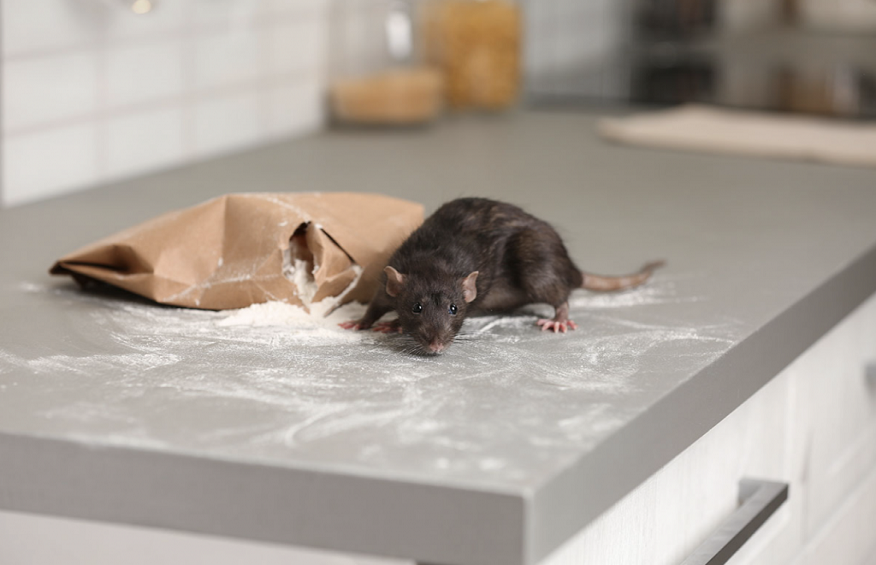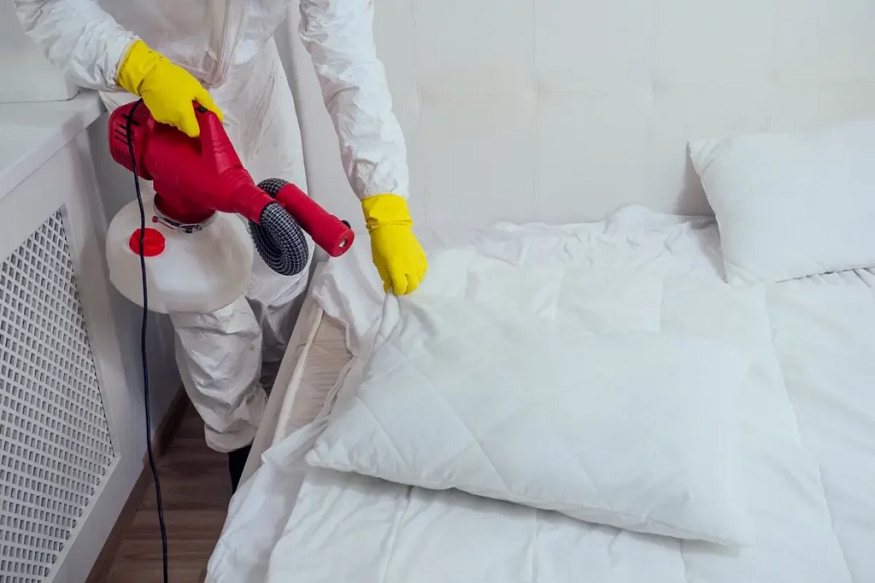Termites are among the most destructive creatures that Elmhurst homeowners can encounter. Such silent invaders can cause costly damage before their presence is detected. If you think your home has termites, taking prompt action is important to prevent expensive repairs. Thankfully, experts at Pointe Pest Control have different treatment options to address an infestation. This blog will talk about the various kinds of termite treatments, their effectiveness, and when professional pest control services should be considered:
What are Termite Infestations?
Before we dive into treatment options, it is important to understand why termites are a serious issue for people in Elmhurst. The seasonal temperature changes, frequent rainfall, and humidity in the area can create a perfect environment for termites to thrive. Elmhurst is home to the following species of termites:
- Subterranean termites. These are the most destructive termites in the area that create underground colonies and enter houses through foundation cracks.
- Drywood termites. While these are less common in the area, they remain a threat since they infest dry wood without soil contact.
- Dampwood termites. These species are drawn to moisture-rich wood, often found in decaying logs or damp areas of a house.
Finding signs such as mud tubes, discarded wings, or hollow wood should prompt you to consider termite treatment. Pest control experts will tailor the treatment to the species of termites to address.
Kinds of Termite Treatment
The following are various kinds of termite treatments available in Elmhurst. Each option has specific benefits and applications.
- Liquid termiticides. These work by creating a protective chemical barrier around a structure to prevent termites from entering. Such a method involves digging a trend around your home’s foundation, applying liquid insecticides into the soil, and creating a long-term chemical barrier that kills termites upon contact. Liquid termiticides offer long-term protection, are effective against subterranean termites, and can be utilized as a preventative measure. But they require professional application.
- Baiting systems. Termite bait stations are an environment-friendly, non-invasive treatment that works by luring termites into consuming a slow-acting poison. Experts will strategically place the bait around your property. Foraging termites will bring the bait back to their colony, eliminating the infestation. This treatment option targets the whole termite colony; instead of just individual termites. But it takes longer to produce results than liquid treatments. Also, baiting systems require regular monitoring and maintenance.
- Fumigation. This treatment option is used for addressing serious termite infestations, particularly drywood termites. This process involves covering your house with a gas-tight tent, pumping a fumigant to penetrate woods and eliminate termites, and letting your home aerate before you can safely re-enter it. Fumigation can effectively eliminate termites even those hiding deep inside walls and furniture. But you will have to vacate your property for several days during treatment.
- Wood treatment. If you are dealing with localized termite activity, wood treatment can be a great option. It includes the use of boron-based treatment or surface sprays and foams. This treatment is ideal for early-stage infestations or preventative measures.
- Heat treatment. This eco-friendly treatment option involves raising the temperature inside the infested areas to kill termites. It does not involve the use of chemicals and can kill termites instantly without leaving residual toxins. But it is only good for treating furniture, small infestations, or wooden beams.
Which Termite Treatment is for You?
The best treatment against termites for your house depends on some factors such as the seriousness of the infestation, the kind of termites present, your home’s structure and foundation, and whether you prefer chemical or non-chemical solutions. If you are not sure about which treatment to use, consult a pest control professional in Elmhurst.

